I have returned from another round of thievery. My bedroom is lush with loot, vases of flowers, some still fresh and exuding fragrance, others fading. I am the flower thief of Vancouver, and this is my confession. I plead necessity.
I’ve been a predator of beauty all my life, and beauty has many faces. As a child, beauty was a plum tree glistening purple, with dripping sap and cracked plums and ecstatic yellowjackets circling our semi-naked monkey bodies as we clambered through the branches, somehow unstung, filling our T-shirts with the sweet, sticky crop from the tree.
At first my predations were mostly gardens, though I did branch out into comic books and chocolate bars until caught by my ruthless and righteous mother. O the shame of being marched down to the local Chinese convenience store and abjectly apologizing while I paid everything back.
My crooked ways soon returned. I was an incorrigible child. We discovered the old lady’s carrot patch down the street. Nowadays you can’t get kids to eat a carrot at dinner. We would crouch in her garden and yank the tender young carrots out, rub them clean and munch them down like Bugs Bunny before running, shrieking for our lives when the cane wielding old lady appeared.
This was followed by the discovery of the watermelon farm. How I miss those seedy and ineffably sweet watermelons, along with the cow corn we ate raw, also sweet, only starchy. I miss smashing the stolen melon with my bare fist, scooping out the red flesh. I miss the seed spitting contests in the shade by the creek. Then, in the summer heat, leaping into the rushing, clean water, clothes and all. Today, both creek and field are potentially toxic, while the new hybrid watermelons have lost their teeth-hurting intensity.
A few years ago, I found myself gazing at an acreage of scarlet cherries on an Okanagan hill, the trees no longer trees but short columns of fruit, weak yet prolific columns that need replanting often. Something about those cherries made me suspicious. I climbed out of the car and read a warning sign, now compulsory along borders of sprayed orchards. It was forbidden to enter that ripe orchard for a few days more without wearing a hazmat suit. Just walking among and brushing the trees was toxic. Yet the cherries were beautiful and would be harvested the day after the deadline.
If you are not eating organic cherries, make sure you scrub the hell out of them.
One day, we kids were raiding the ancient man’s garden across the street. He grew the best raspberries. Suddenly, the man came hobbling out the door wielding a broom and I scurried for my house across the street. He followed me to my door, and then inside! My parents were at work. I was terrified so I slithered under their bed as he stalked through the rooms grumbling, waving his broom. He shoved it under the bed where I was hiding, just missing me. Fortunately, he was so crippled he couldn’t lean down far enough to see me. He left the house, slamming the door, cursing his way home.
Of course, I didn’t dare tell my parents. I would have been thrashed and dragged to the old fart’s door to apologize even though he’d invaded our house. The automatic attitude those days: “You must have been awfully bad if he did that!”
Thus ended my childhood days of garden raiding. In fact, I joined the righteous as I became an adult.
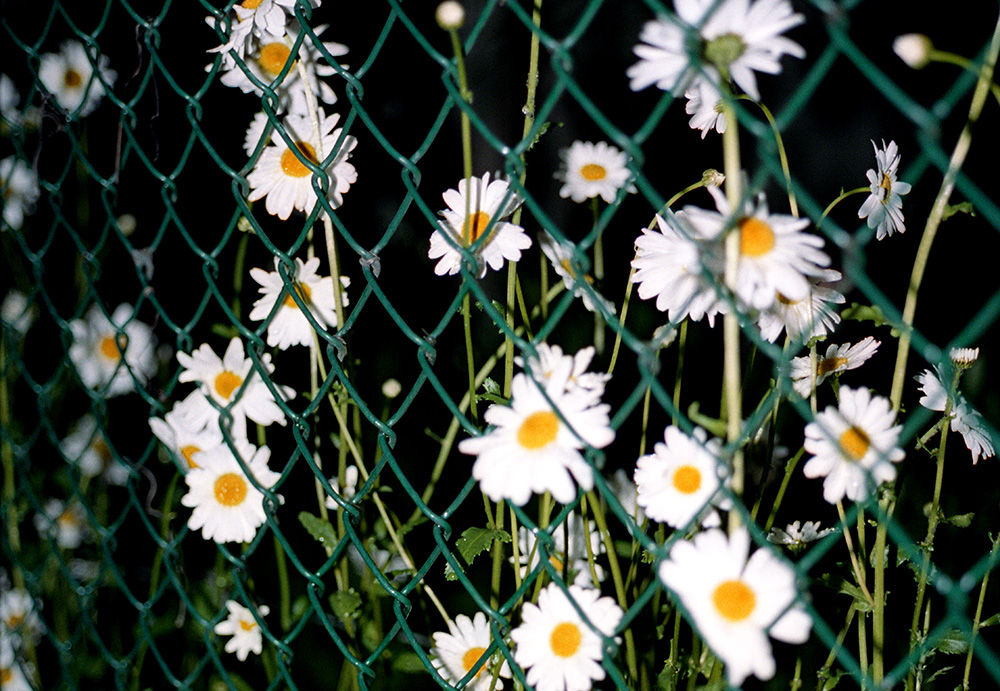
In my first year as a student at SFU I was driving up the mountain to the university when I noticed three little toughs torturing a cherry tree recently planted on the boulevard. I stopped and stepped out of my car and said to the first wannabe thug, “How would you like it if I broke your arms just because I’m feeling a little bored?” He dropped the branch as if it were on fire. The three of them glared at me, realizing I was ready to thrash the bunch, and I was big and fierce enough that I could probably do it. They backed away snarling, showing their best bad. No doubt later the little bastards came back after I was gone and killed the seedling out of spite.
Alas, my evil instincts returned a few years later when I’d somehow lured a lovely woman to my home in White Rock. While walking the beach road I noticed a row of enormous sunflowers growing alongside a shed.
That night I returned with a kitchen knife and hacked off the largest head, and kept it in a jug on the kitchen table. The sunflower impressed the lady, though a few days later the guilt crept in and has stuck with me ever since, almost 50 years. The more I took to my own gardening the more I regarded myself as a crud, especially since I’ve never been able to grow a sunflower as large as that regal, stolen giant. My guilt remains larger than the sunflower.
By 1980 I had become almost too obsessed with gardening. Cultivating my garden made me a fierce protector of my own roots and flowers, along with those of my neighbours, public gardens, and the wild nature of the only Earth in existence. Even though, when I look back at my life, I recognize no garden I planted has survived after I moved on.
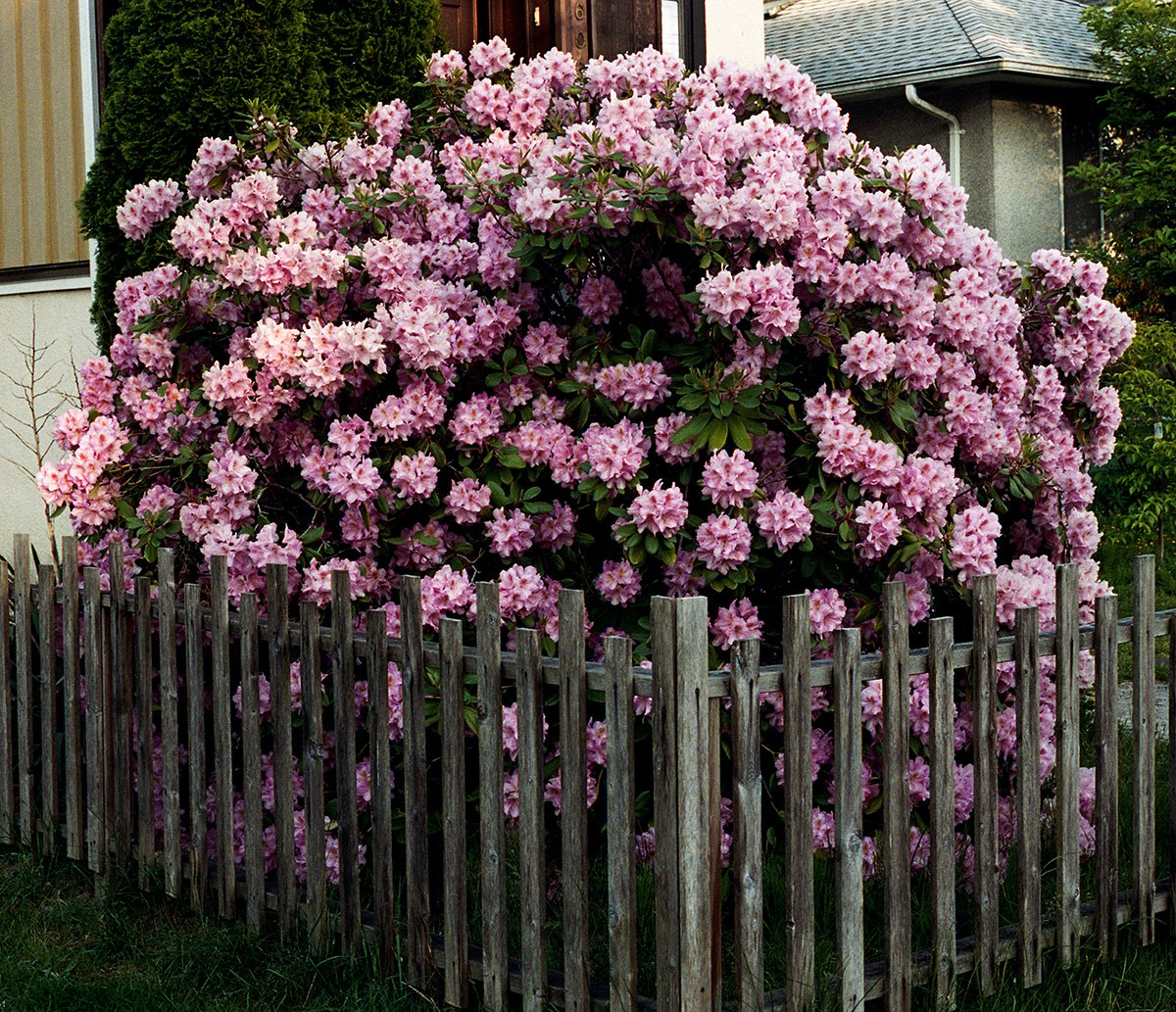
Then came the brutal July of 2015. I lost my health to one of those ferocious hospital bacterias. I also lost the love of my life who changed her mind about me after 38 years. We had to give up our farm paradise with its orchard and large garden that I’d dreamed into existence when I was 17 years old. In 2018 I came out of the hospital after two months, a lowly renter in Vancouver once again.
This February the cancer surgeon told me I had less than a 50 per cent chance of surviving the year. Not that I believed him, but the thought of being shut down so suddenly made me consider the losses, and the reality that this could be my last spring. I walked out of that doctor’s office, angry at his rude dismissal of my life, and then recognized how blue the sky was. It hadn’t been that blue since I was 12 years old, when I scratched “There are 287 kinds of blue” on the back of my clothes dresser along with Gail Russell, the name of a pretty young girl in Grade 6, so that neither would ever be forgotten. And they weren’t, though the dresser is long gone.
What a spring this has been, such a crazy unleashing of blossoms due to the weird weather. I realized I had to pay attention to every blossom, notably my darlings — the magnolias and the ornamental cherries. Then my heart specialist decided to compete with my oncologist for the role of Doctor Doom. She, too, told me my chances for another spring were slim. Her diagnosis was in fact more dire.
My last flowers! The deranged flower prowler was unleashed. I nabbed them mostly with permission from people’s yards, or off the boulevards. My bedroom became thick with magnolias, camellias, quince and crabapple. My brightest spring ever.
I still believe I’m unkillable, though I suspect everyone thinks that when they receive the death penalty. For insurance, however, I continued on my raids. I know snatching flowers is a shitty thing to do, but I also know what I’m doing, so the pruning is very artful.
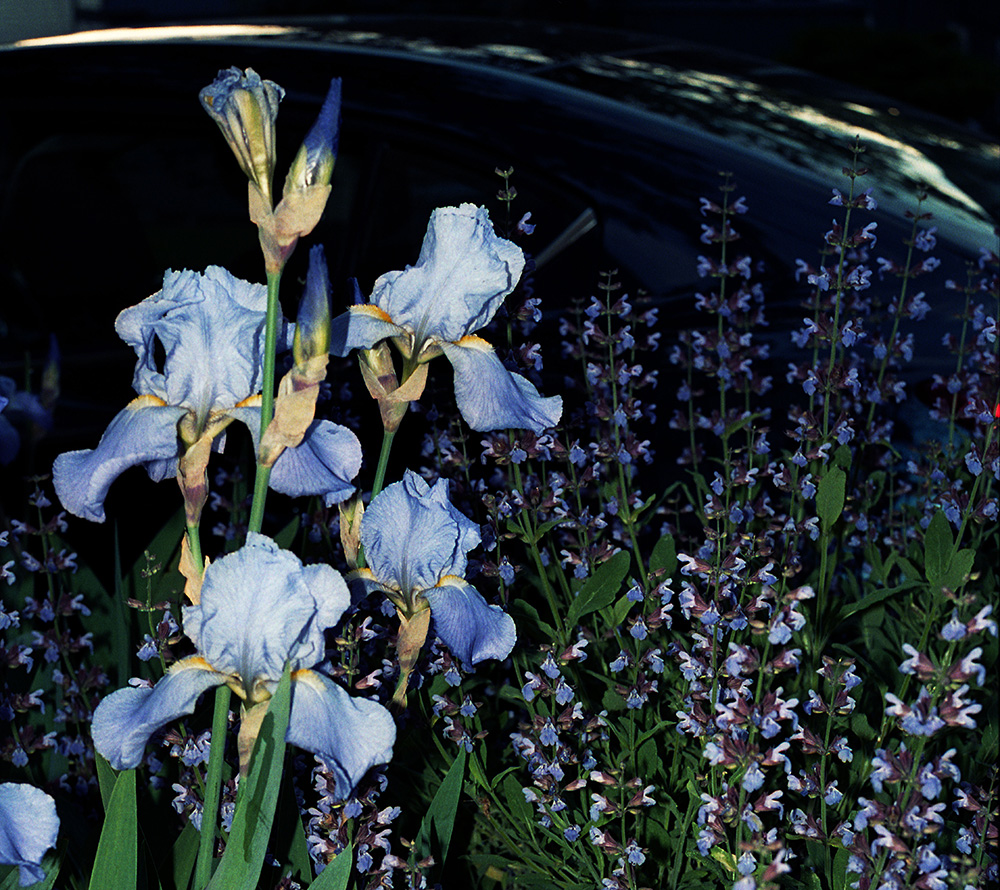
Also, in a further plea for leniency I’ve been generally sticking to the public boulevards where the trees can be in need of repair or poorly pruned. Vancouver has added 105,000 trees in the last nine years to an already planted 140,000 street trees and 300,000 park trees. The city, amazingly, keeps a public spreadsheet labelling every tree in the city, its location, cultivar, age, health, and so on, and each is pruned every eight years, which is fine for an older tree but tends to leave the delicate younger ones in poor shape.
While the city has some brilliant arborists, it clearly doesn’t have enough staff to properly prune everything, so I tidy the trees up as I snatch the blossoms. You may call this Vigilante Pruning, or more artistically, Guerrilla Ikebana.
This is not something the average idiot with a hacksaw should practice. Pruning is a complex business. For instance, I sterilize my shears in between trees so I don’t pass any disease on from one tree to another.
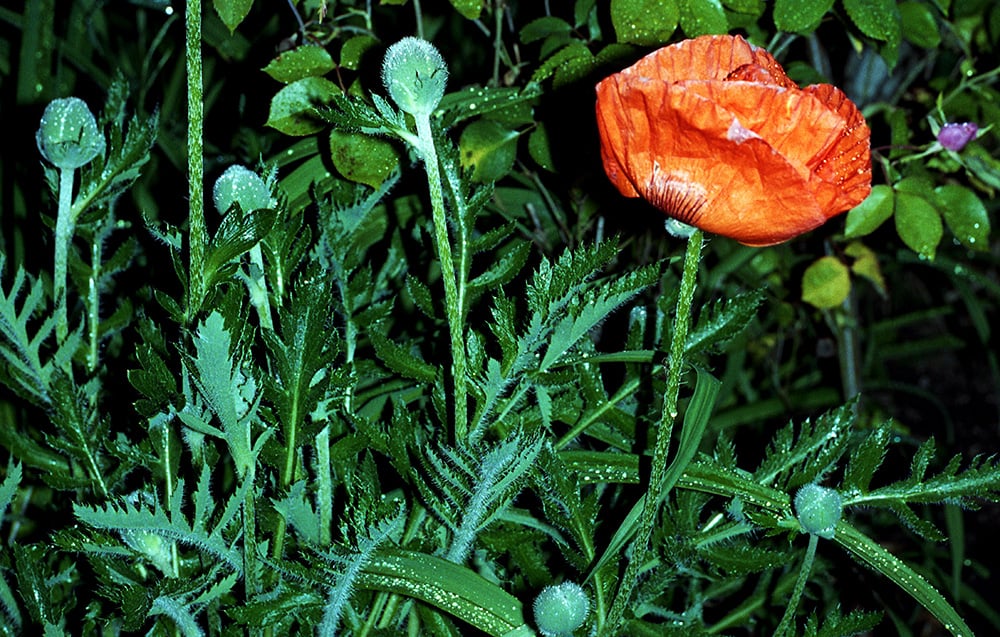
As I carry out my forays, I think of a quote attributed to Buddha: “Attention leads to immortality. Carelessness leads to death. Those who pay attention will not die, while the careless are as good as dead already.”
I think, too of what the good Dr. Johnson said: “When a man knows he is to be hanged in a fortnight, it concentrates his mind wonderfully.”
That’s why I’ve become enamoured of the two splendid camellias that grow in my yard. Many centuries back an intrepid Japanese gardener noticed that certain camellias faded even as they bloomed. Rather than breed them to correct that flaw he bred to enhance it so that his fellow citizens would understand the transience of death and its presence even in these elegant, almost near-perfect blossoms.
The pottery vases I’d made decades ago are now filled with cascading blossoms in my bedroom. Since I already keep at least three orchids at my bedside the room has grown crowded very quickly. I keep the orchids so that, should I die in my sleep, they will be the last thing I see when I turn out the lights.
It never occurred to me that so many flowers would soon clutter the house. This beautiful dilemma was made worse by my kitten who discovered that vases full of quince, cherry, plum, camellia, roses and peonies made excellent batting practice. So I find myself practically welded to the vacuum cleaner for 30 minutes a day.
And yet I set out every day for more. If a particularly spectacular flower is in a yard I will ask the person living there for a cutting. Even those who don’t speak English figure me out quickly, with my pruning shears and my pantomimes pointing at a branch. They invariably nod yes.
Only one person has ever turned me down. Not long ago, I trudged up to a door and knocked, and could see through the curtains a large man and a woman snuggled up on the sofa, watching TV. They never moved. So I knocked again. She rose and walked to the window by the door and pulled the curtain aside, stared at me for a moment and then put the curtain back and returned to the sofa. This so inflamed me I chopped off a dangling branch of her magnolia as I returned down the sidewalk. Now I feel guilty about that one. She could have been harassed by a local gang or was a frightened refugee; there could have been any reason for her rudeness.
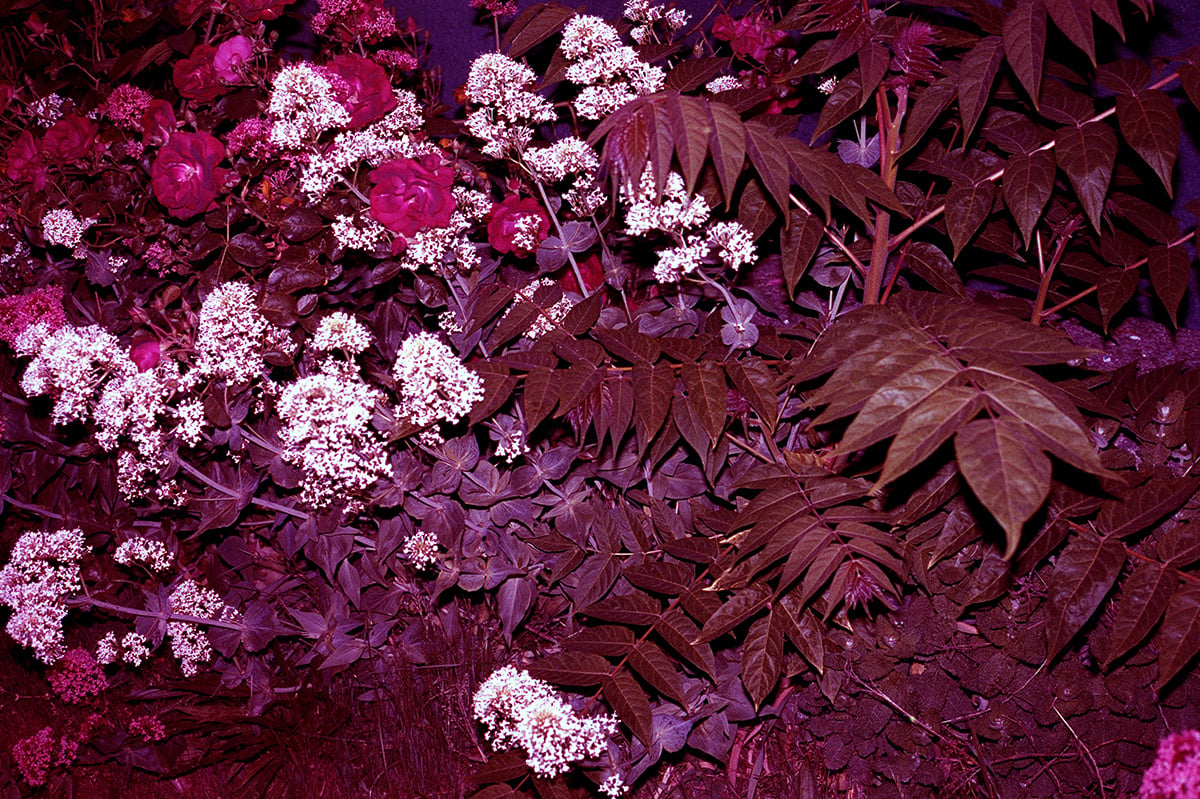
I take early evening walks in order to map out the best flowers, which means they must be poorly maintained and still beautiful. Then I go back when there is just enough light to see the flowers. I check if the coast is clear and have at it like Edward Scissorhands, turning some bedraggled hawthorn or Magnolia liliflora “Nigra” into a beauty, and fleeing with my ill-gotten gains.
As I have rushed to PAY ATTENTION, I have made my house ripe with the reek of flowers, especially the cherry and plum blossoms when they were in season, which I could taste in the air, and the kitten is fully engaged in her own flower wars.
I should receive a good citizenship award for donating my decades of pruning skills to the city for free, but I’ll probably get arrested for writing this article.
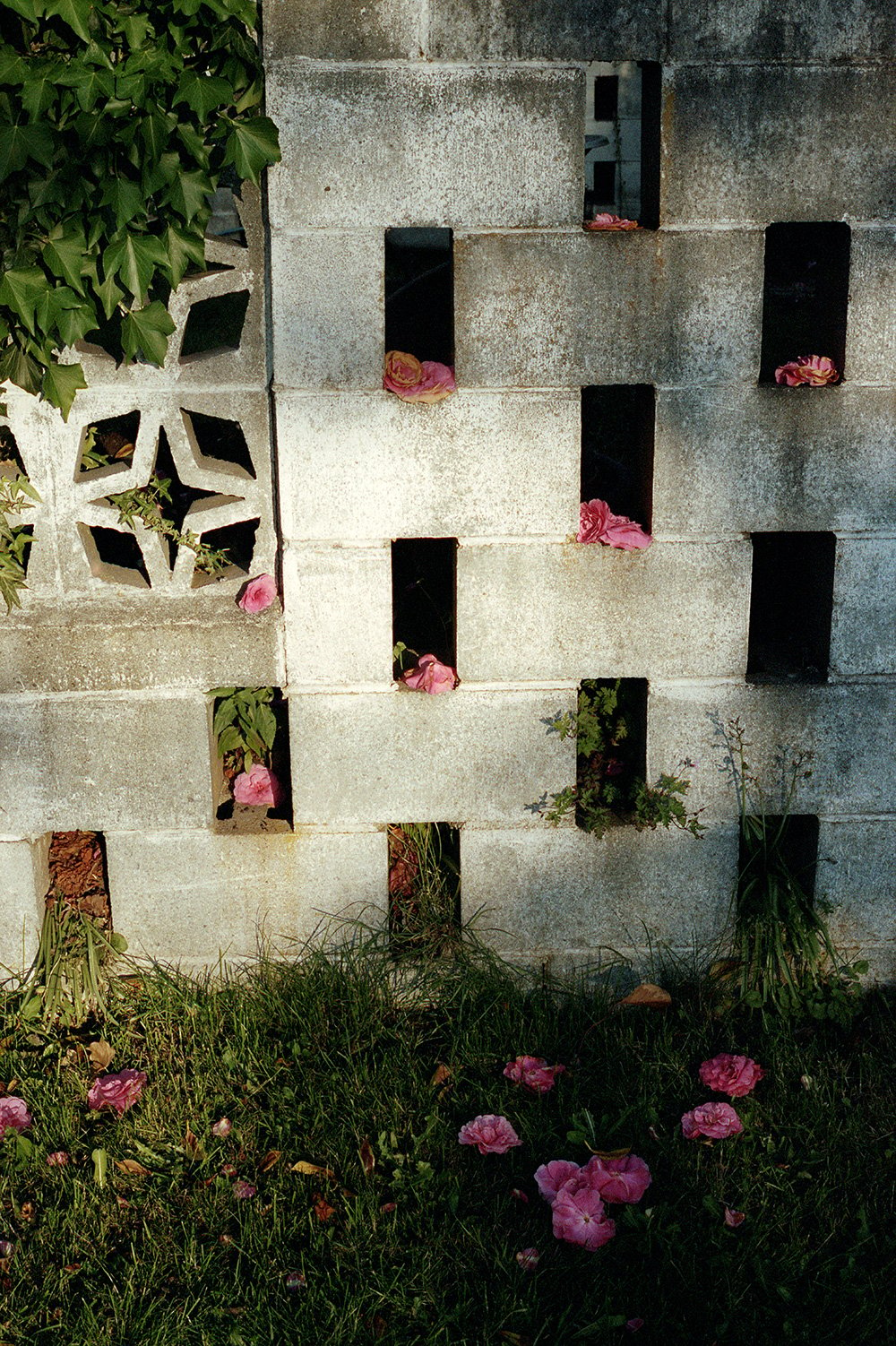
Vancouver, as I have noted, is known worldwide for its exquisite tree planting, though some of our trees have a complex history. For example, Vancouver’s original 50 sakura or cherry trees were a gift from the mayors of Kobe and Yokohama in the 1930s, thanking the city for honouring Japanese Canadians who served in the First World War. Unfortunately, we repaid them 10 years later by interning all Japanese residents in prison camps.
Now there are 90,000 flowering and 40,000 non-flowering cherry trees, including Yoshino (five petals), Kwanzan kikuzakura (100 petals), Ichiyo (20), Shogetsu (white), Kanzan (pink), Ukon (yellow). An incredible assortment, and cleverly planted. For instance, one block near my house consists of tree-form white Magnolia stellatas and white plum blossom trees. What a show for a few weeks of the year!
When my health issues exploded in the winter of 2018, and after two months across the water, in a Victoria hospital, I recognized I had to leave Salt Spring Island to be closer to the medical specialists in Vancouver. On my first night in my new Vancouver home, around dawn I awoke with horror, knowing there was something wrong. I couldn’t figure it out. Then I did.
It was the silence of the birds. I had become accustomed to the roar of the dawn chorus on Salt Spring. Now I heard the roar of ambulances and sirens. No bird song. This is what most people in Vancouver are unconsciously missing. The shrubs and trees that provide us colour and blossoms are food and habitat for other creatures, including birds. The city is taking some measures to slow down our contribution to the epic avalanche of worldwide species loss. Much of Vancouver is terrifyingly empty of birds, so trees for nesting, shelter and food are also being planted, along with native trees for bugs which can nourish birds. That said, the city council is still allowing the erasure of swaths of tree habitat for new housing developments, under the assumption, perhaps, that not enough of us actually do pay attention.
My research for this piece (Vancouver’s history, the ecology, our collective love of our gardens) made reality return with a vengeance, and I realized with some horror what I was doing. I (again) set down my pruning shears forever. “O mother tell your children not to do what I have done!”
You — good citizens that almost all of you are, walking unconscious in beauty, living among the few sanctuaries of birds, the glory of the trees and flowers, treat our city of gardens with respect. Save the flowers for your children. Yes, PAY ATTENTION!
Myself? Though spring approaches its end, and with it the great flush of Vancouver’s roses, no longer will I prowl our evenings, pruning shears in hand, even though my damaged heart is exploding like one of those deep red roses.
Stolen beauty has a special dangerous quality. But it’s also a destructive quality, never as special as admiring natural beauty in its natural place and living like the flowers who behave the way life lives — our real duty to bloom and grow bright and then fade and die. ![]()
Read more: Health, Municipal Politics


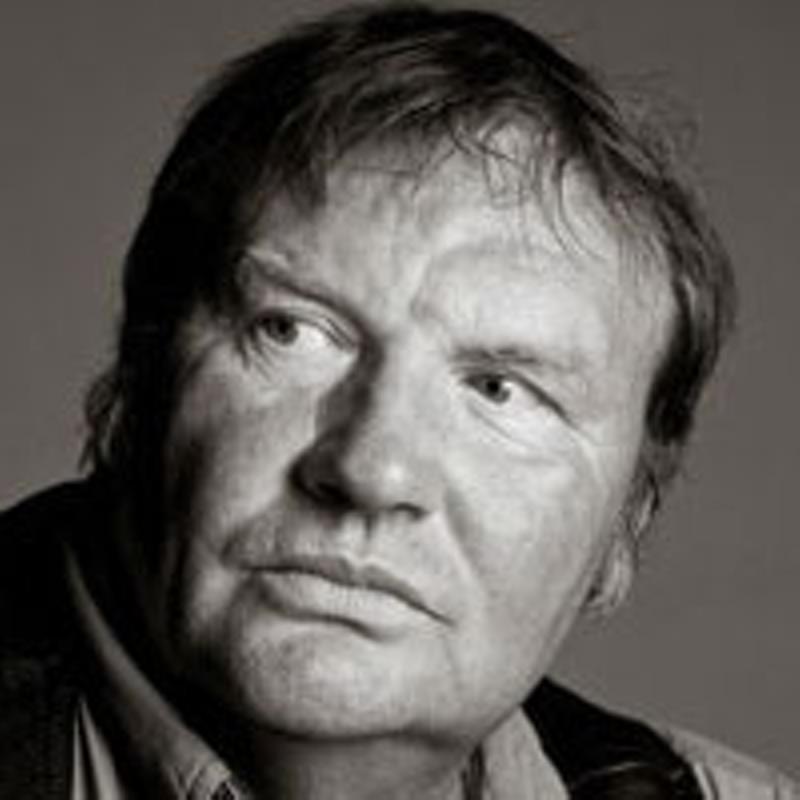
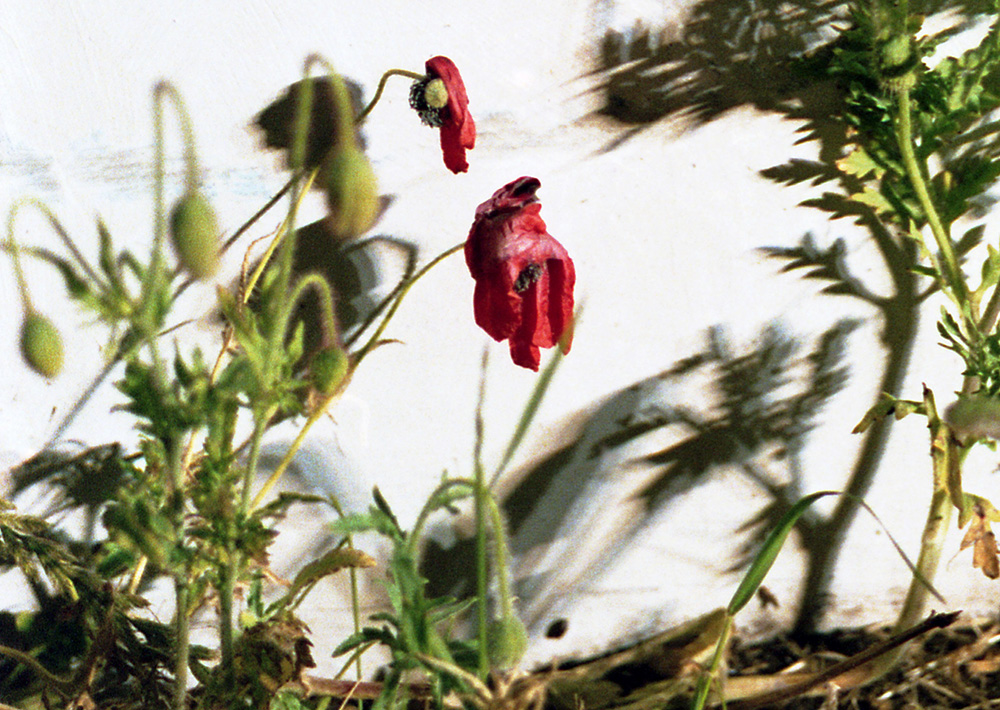












Tyee Commenting Guidelines
Comments that violate guidelines risk being deleted, and violations may result in a temporary or permanent user ban. Maintain the spirit of good conversation to stay in the discussion and be patient with moderators. Comments are reviewed regularly but not in real time.
Do:
Do not: